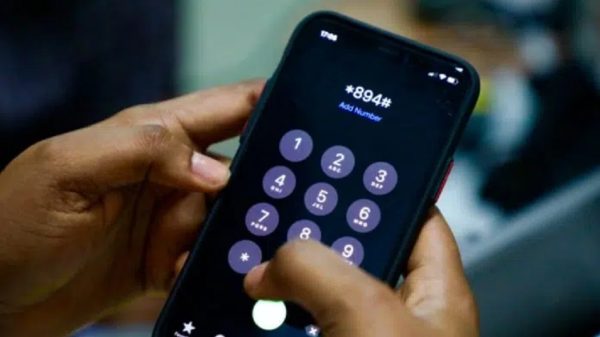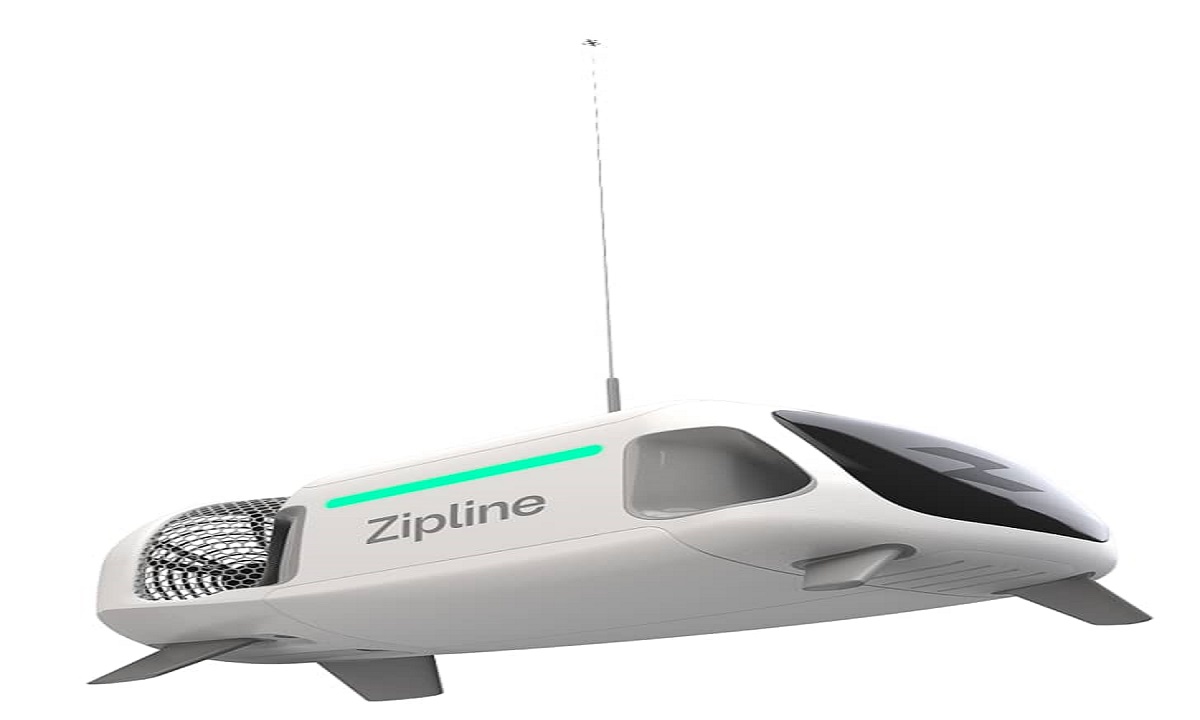Zipline, the leader in autonomous delivery, is teaming up with the government of Nigeria to transform health access and equity by using drone delivery to improve the country’s infrastructure, positioning it to leapfrog barriers to economic growth and development.
Since launching in Nigeria in 2022, Zipline’s climate-friendly and time-saving aircraft – designed to enable access for vulnerable and hard-to-reach populations – have delivered millions of vaccine doses, essential medicines, and more than 260 types of health products to more than 900 hospitals, health facilities and community drop points. Across Africa, Zipline has invested to build local infrastructure and human capacity, creating more than 500 local jobs in robotics, healthcare, software engineering, and business disciplines.
On September 26, at the United Nations General Assembly, Zipline and the Nigerian Ministry of Health and Social Welfare will announce a plan to deploy Zipline’s drone delivery service across the country to reduce maternal mortality, malnutrition, malaria and other intractable health challenges.
Read Also: Zipline Hits One Millionth Delivery Milestone
Ravenewsonline understands that this project will build a more resilient logistics system that enables access to high quality, reliable healthcare for a substantial portion of the country’s non-urban population and improves the health system’s ability to respond to disasters and emergencies.
The partnership aims to create a sustainable financing framework to attract commitments from global health, economic development, and climate funders to establish autonomous drone infrastructure around the country in strategically determined locations, and to enable the operation of these drone networks through hiring, training and empowerment of local talent.
Gavi, the Vaccine Alliance, has partnered with Zipline since 2016 and supports vaccine programs in Nigeria; the Elton John AIDS Foundation has collaborated with Zipline in Kenya since 2022 to bring HIV services to young adults outside of traditional health settings.
Together, they are seeding the vision for this new partnership in Nigeria by coming in as the first financial backers. It underscores their commitment to innovative, collaborative approaches, using creative financing mechanisms to transform health outcomes for key communities, with a focus on young people.
“It is this sort of partnership – one that brings tens of millions of dollars of foreign investment, turns Nigeria into a global AI and robotics powerhouse, and creates jobs of the future for its youth – that will reshape Nigeria and the world over the coming years,” Zipline CEO and Co-Founder Keller Rinaudo Cliffton said.
Since coming into office, President Bola Ahmed Tinubu has introduced a package of reforms to improve Nigeria’s security, strengthen public services and bolster the business environment.
In October 2023, he launched the Presidential Initiative for Unlocking the Healthcare Value Chain (PVAC) to transform the country’s healthcare ecosystem. Under the leadership of National Coordinator Dr. Abdu Mukhtar, PVAC is making strides to increase local healthcare manufacturing, reduce medical tourism, and create quality jobs in the nation.
“This new Memorandum of Understanding will dramatically advance PVAC’s goals,” said Nigerian Minister of Health and Social Welfare Dr. Muhammad Ali Pate, previously Global Director for Health, Nutrition and Population at the World Bank Group.
“Scaling Zipline’s infrastructure nationwide can digitize, modernize, equalize and raise the quality of healthcare services available to all Nigerians, while at the same time propelling our country into a new era of economic prosperity, climate resilience and global technological leadership.”
With its zero-emissions, AI-powered logistics system and commitment to local job creation, Zipline demonstrably helps surmount obstacles to achieving the United Nations Sustainable Development Goals. Nowhere are the benefits of on-demand drone delivery more apparent than in healthcare, encompassed by SDG 3.
Today, in the areas that Zipline serves, a doctor or community healthcare worker can get blood, vaccines, drugs and other medical supplies in as little as 10 minutes.
Related Post: Cross River State Receive Significant Boost in Primary Healthcare Access through Zipline Partnership
The impact of Zipline’s early operations on health outcomes in Africa has been staggering:
- Zipline has centralized almost all of Rwanda’s blood supply and sends it on demand where it’s needed, avoiding long storage of unused blood components in the field. A study published in The Lancet shows that Zipline reduced blood expiries by 67% in its first three years of operating in Rwanda.
- Also thanks to its ability to centralize and deliver blood on demand, Zipline has reduced in-hospital maternal mortality due to postpartum hemorrhaging by 51% in Rwanda.
- Similarly, the Ghana Health Service finds a4% decline in maternal deaths at Zipline-served facilities vs. non Zipline facilities, driven by increased health system utilization.
- Research published in the peer-reviewed finds a 21 percentage point average increase in childhood vaccination rates in Zipline-served areas in Ghana.
- A study funded by the Bill and Melinda Gates Foundation finds that in Ghana, Zipline reduced missed vaccination opportunities by 42% and the duration of vaccine stockouts (when a product is out of stock due to inventory shortage) by 60%.
- PrEP retention refers to how regularly a patient takes pre-exposure prophylaxis (PrEP), a tool used to prevent transmission of HIV. In Kenya, Zipline has helped increase 1-month and 6-month PrEP retention rates to 94% and 86% respectively (rates were 9-12% before Zipline).
- While studies on Zipline’s work in Nigeria are still underway, Zipline has already helped vaccinate more than 15,000 children, 10,000 of whom were originally classified as zero-dose (children who have never received a single dose of vaccine).
A second arrangement between Zipline and the Federal Ministry of Communications, Innovation and Digital Economy of Nigeria will extend the envisioned national partnership’s benefits to address sectors beyond healthcare, including agriculture, education and disaster relief.
![]()





























































